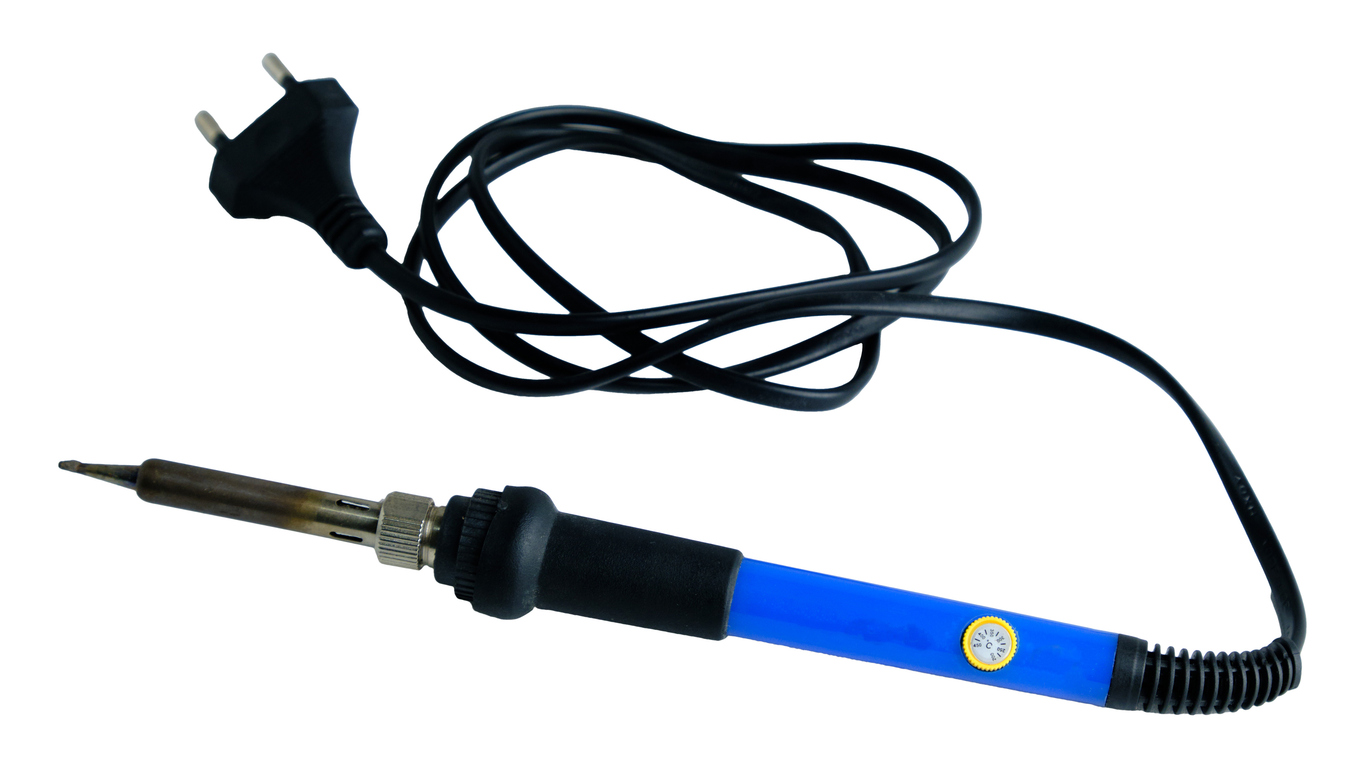Container Ships for Port-to-Port Trade in Nigeria: Driving Efficient Maritime Logistics
Nigeria’s booming trade sector relies heavily on maritime transport to connect its ports and facilitate seamless import and export operations. Among the key players in this ecosystem are container ships for port-to-port trade in Nigeria, which ensure efficient movement of goods across the country and beyond. Understanding how container ships operate and their benefits can help businesses optimize supply chains while reducing costs and transit times.
The Role of Container Ships in Port-to-Port Trade in Nigeria
Container ships are the backbone of global and local maritime trade. In Nigeria, these vessels are essential for transporting bulk cargo, FMCG products, industrial equipment, and raw materials between major ports like Lagos, Port Harcourt, and Tin Can Island. Their standardized containers simplify loading and unloading, reducing turnaround time and minimizing the risk of cargo damage.
Advantages of Using Container Ships for Nigerian Trade
-
Efficiency in Cargo Handling
Containerized shipping streamlines port operations. Businesses can load and unload goods faster compared to traditional methods, ensuring faster delivery cycles. -
Cost-Effective Transport
Consolidating goods in containers lowers handling costs and allows businesses to take advantage of economies of scale. -
Enhanced Security and Safety
Standardized containers protect cargo from theft, environmental damage, and misplacement during transit. -
Flexibility Across Ports
Container ships can dock at multiple Nigerian ports, making them ideal for businesses that rely on port-to-port trade.
Challenges in Port-to-Port Container Shipping in Nigeria
While container ships offer numerous benefits, port-to-port trade in Nigeria faces challenges such as congestion, inconsistent port regulations, and limited berthing space. These issues can delay shipments and increase operational costs.
Practical Solutions for Efficient Container Shipping
-
Advanced Planning: Schedule shipments based on port capacity and peak seasons to avoid delays.
-
Partner with Reliable Freight Services: Working with experienced logistics providers ensures timely handling and proper documentation.
-
Leverage Technology: Real-time tracking systems and digital shipping documentation streamline operations and reduce errors.
How Wigmore Trading Supports Port-to-Port Container Shipping in Nigeria
At Wigmore Trading, we specialize in facilitating smooth port-to-port trade across Nigeria. From sourcing reliable container ships to coordinating logistics and customs documentation, our team helps businesses navigate the complexities of maritime trade efficiently. By leveraging our expertise, companies can reduce transit times, lower costs, and improve supply chain reliability.
Future Outlook: Container Shipping in Nigeria
With Nigeria’s trade volume continuing to rise, container ships are poised to remain a vital part of the logistics landscape. Investments in port infrastructure, modern vessels, and digital solutions are expected to further enhance port-to-port operations, offering businesses greater efficiency and competitiveness.
Conclusion
Container ships for port-to-port trade in Nigeria are indispensable for businesses seeking reliable, cost-effective, and secure transport solutions. Whether you are importing raw materials or exporting finished goods, partnering with trusted logistics providers like Wigmore Trading can help streamline operations and optimize trade efficiency.








Comments are closed.